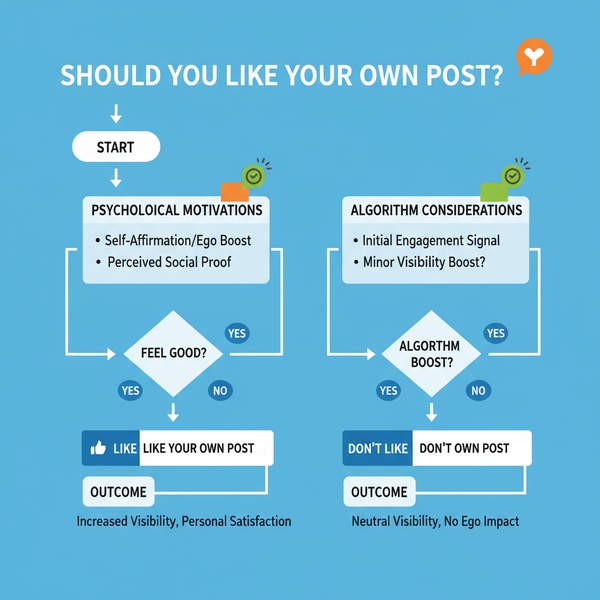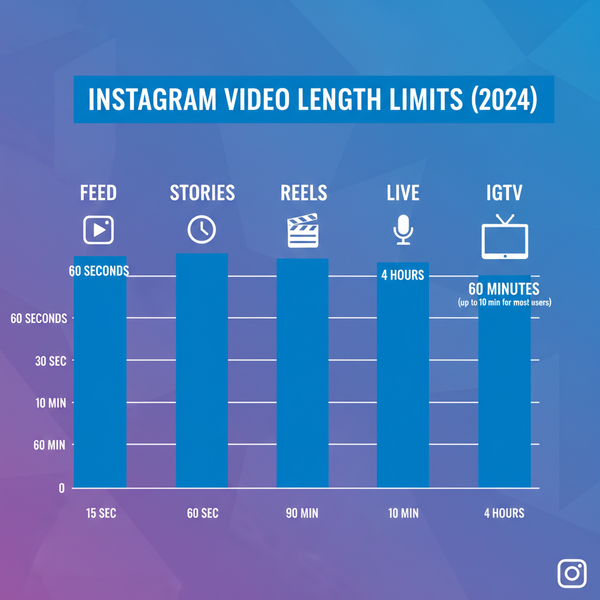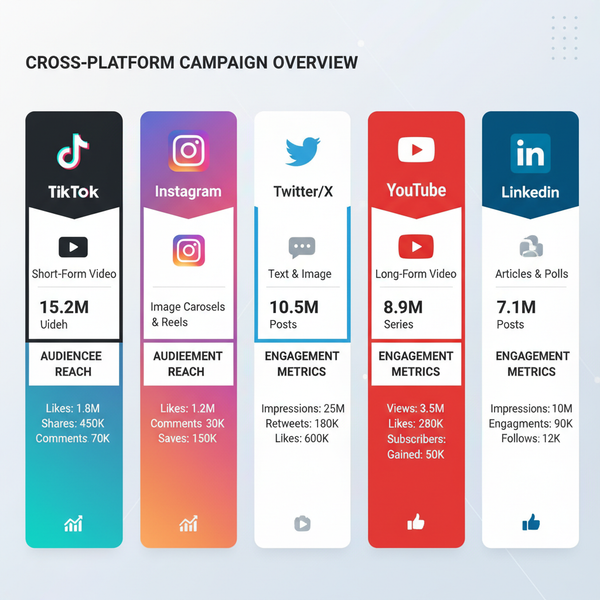Create High-Converting Instagram Stories Ads
Learn how to design, target, and optimize vertical Instagram Stories ads with strong hooks, interactive features, and split tests to drive conversions.
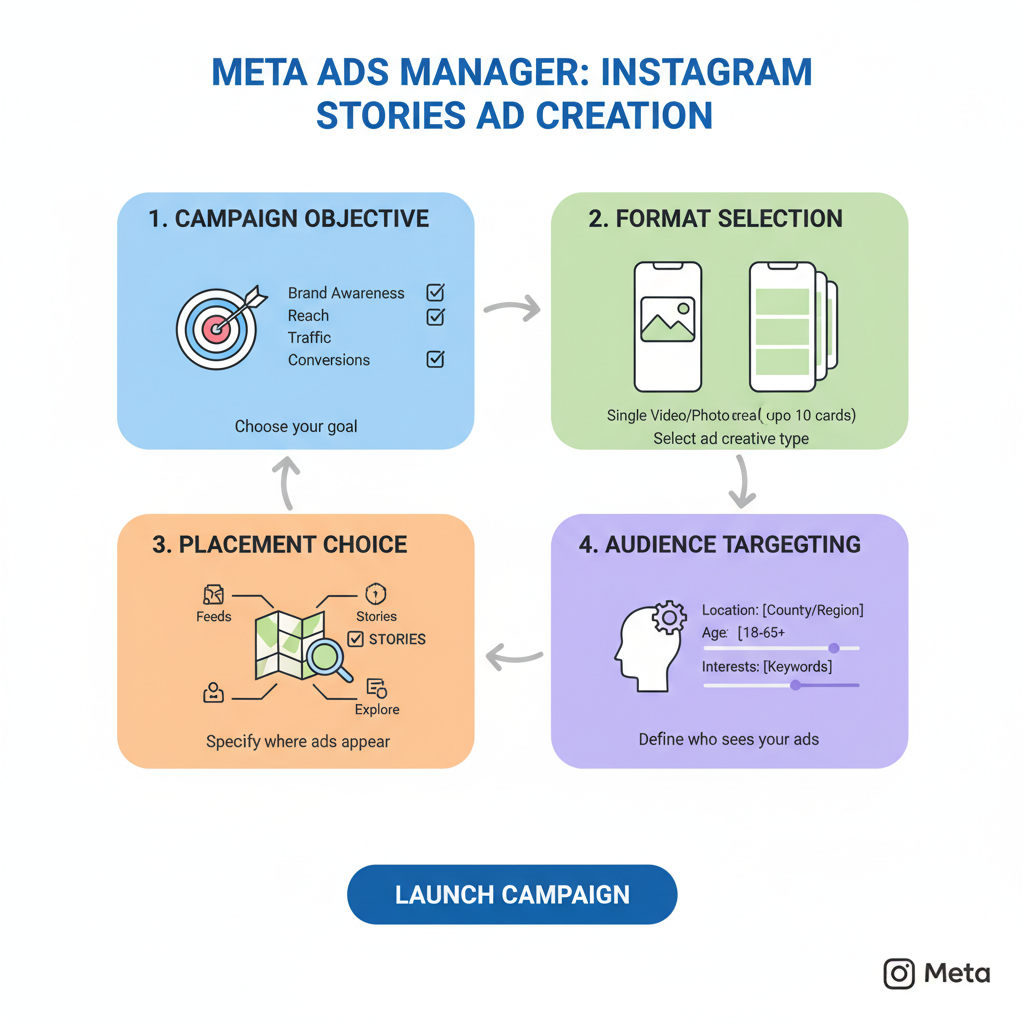
Create High-Converting Instagram Stories Ads
Instagram Stories ads have become one of the most engaging placements in the Meta advertising ecosystem, offering a vertical, immersive, mobile-first ad format that feels native to user content. By following proven strategies for design, targeting, and optimization, businesses can create high-converting Instagram Stories ads that drive engagement, conversions, and brand visibility. This guide covers everything from format specifics to A/B testing, helping marketers maximize performance.
Understanding Instagram Stories Ads Format and Placement
Instagram Stories ads appear between user-generated stories and occupy the full vertical mobile screen. These skippable ads can make a strong impact if your creative hooks viewers instantly.
Stories ads can feature:
- Photos or videos (up to 15 seconds per story frame)
- Links (via swipe-up or tappable CTA)
- Interactive features such as polls, emoji sliders, and question stickers

Within Meta Ads Manager, you can select "Automatic Placements" or manually focus on Instagram Stories for more targeted exposure.
Defining Clear Campaign Objectives in Meta Ads Manager
Before designing creatives, choose an objective that matches your business goal. In Meta Ads Manager, objectives fall into three main categories:
- Awareness: Brand awareness, reach
- Consideration: Traffic, engagement, video views
- Conversion: App installs, purchases, lead generation
Clear goals guide ad design, messaging, and audience targeting.
Identifying and Segmenting Your Target Audience
Precise audience targeting ensures your Stories ads feel personal and relevant. Use Meta Ads Manager’s tools to segment audiences by:
- Demographics: Age, gender, location
- Interests: Pages liked, hashtags followed
- Behaviors: Purchase patterns, device use
- Custom Audiences: Site visitors or past post engagers
Tailor visuals, copy, and offers for each segment instead of using a generic message.
Designing Vertical, Full-Screen Visuals Optimized for Mobile
Stories ads are optimized for vertical display — design at 1080 x 1920 pixels and avoid placing text/logos near edges to prevent cropping.
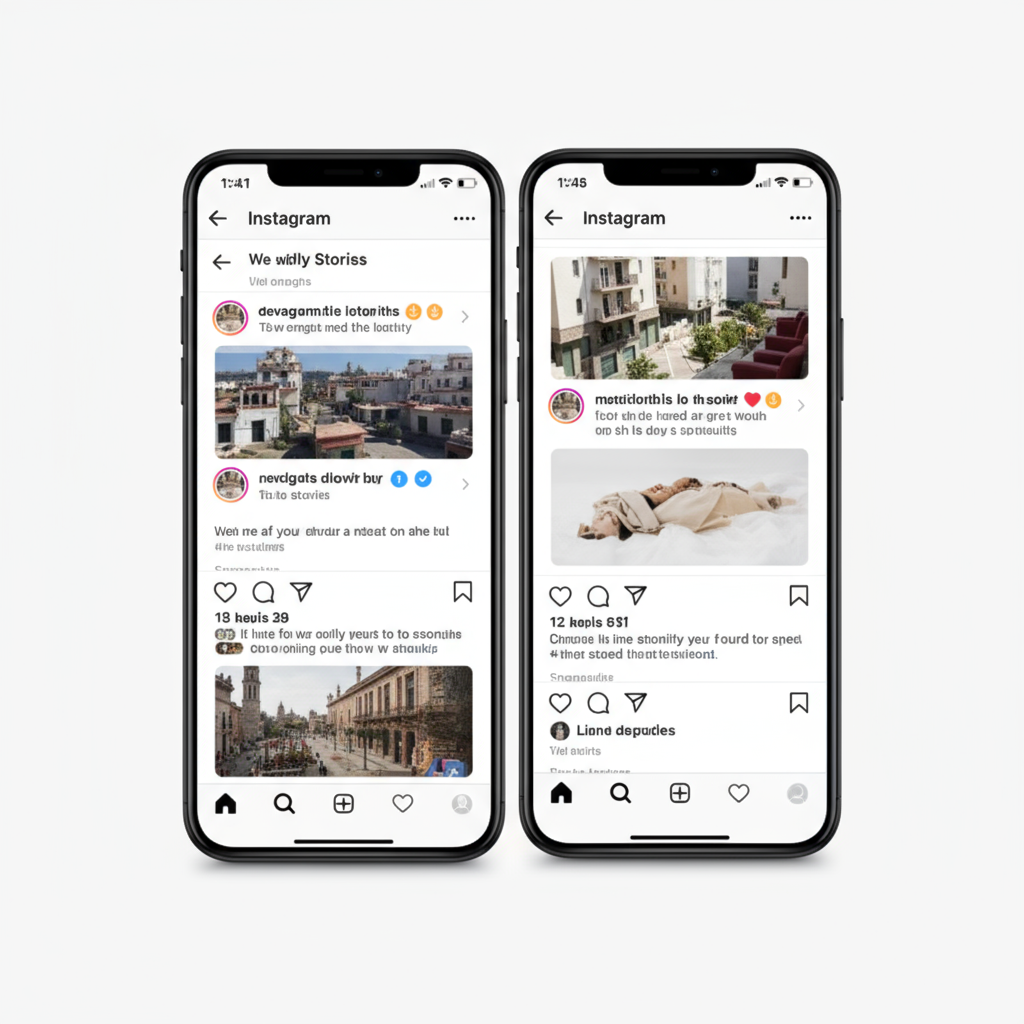
Best Visual Practices
- High-resolution imagery (minimum 72 DPI)
- Consistent brand elements (color palette, logo placement)
- Bold, uncluttered composition
- Clear text-to-background contrast
Good design improves retention and strengthens brand perception.
Using Strong Hooks Within the First 2–3 Seconds
Hooking viewers early is crucial:
- Show your product or offer within the first second
- Use eye-catching motion or unexpected visuals
- Present promotions upfront (e.g., “50% Off Today Only”)
Lack of a strong opening often leads to poor ad completion rates.
Leveraging Interactive Elements for Engagement
Instagram’s native interactive tools make ads feel more authentic and fun:
- Polls for quick opinions
- Emoji sliders to capture sentiment
- Swipe-Up or tappable CTA stickers for conversions
These elements can increase view duration and conversion likelihood.
Writing Concise, Compelling Copy
With limited space, focus on:
- Short headlines (under 5 words preferred)
- Strong action verbs (“Shop,” “Join,” “Discover”)
- One clear message per frame
Ensure copy complements — not overpowers — your visuals.
Maintaining Brand Consistency
A strong corporate identity fosters trust. Align colors and typography with your brand’s existing guidelines, and pair high-contrast text with imagery for readability.
Testing Creatives with A/B Split Experiments
A/B testing helps refine your ads by comparing performance across:
- Image vs video formats
- Different hook lines
- CTA phrase variations
- Music vs silent presentations
Run test ads at the same time to minimize seasonal bias.
Optimizing Ad Length
While each Stories ad can last up to 15 seconds, aim for 10–15 seconds to balance message delivery and retention. For multi-frame sequences, keep the narrative engaging from start to finish.
Budget and Bidding Strategies
Allocate budget strategically based on campaign objectives:
| Objective | Suggested Bidding Option | Budget Approach |
|---|---|---|
| Brand Awareness | Lowest Cost | Daily budget for sustained exposure |
| Conversions | Cost Cap | Capped spend to maintain CPA |
| Traffic | Lowest Cost with Bid Cap | Adjust bids for higher quality clicks |
Continuously monitor results and reallocate spend toward winning creatives.
Analyzing Performance Metrics
Track and optimize based on:
- Click-Through Rate (CTR)
- Swipe-Up Rate
- Conversions
- Audience insights (demographics, devices)
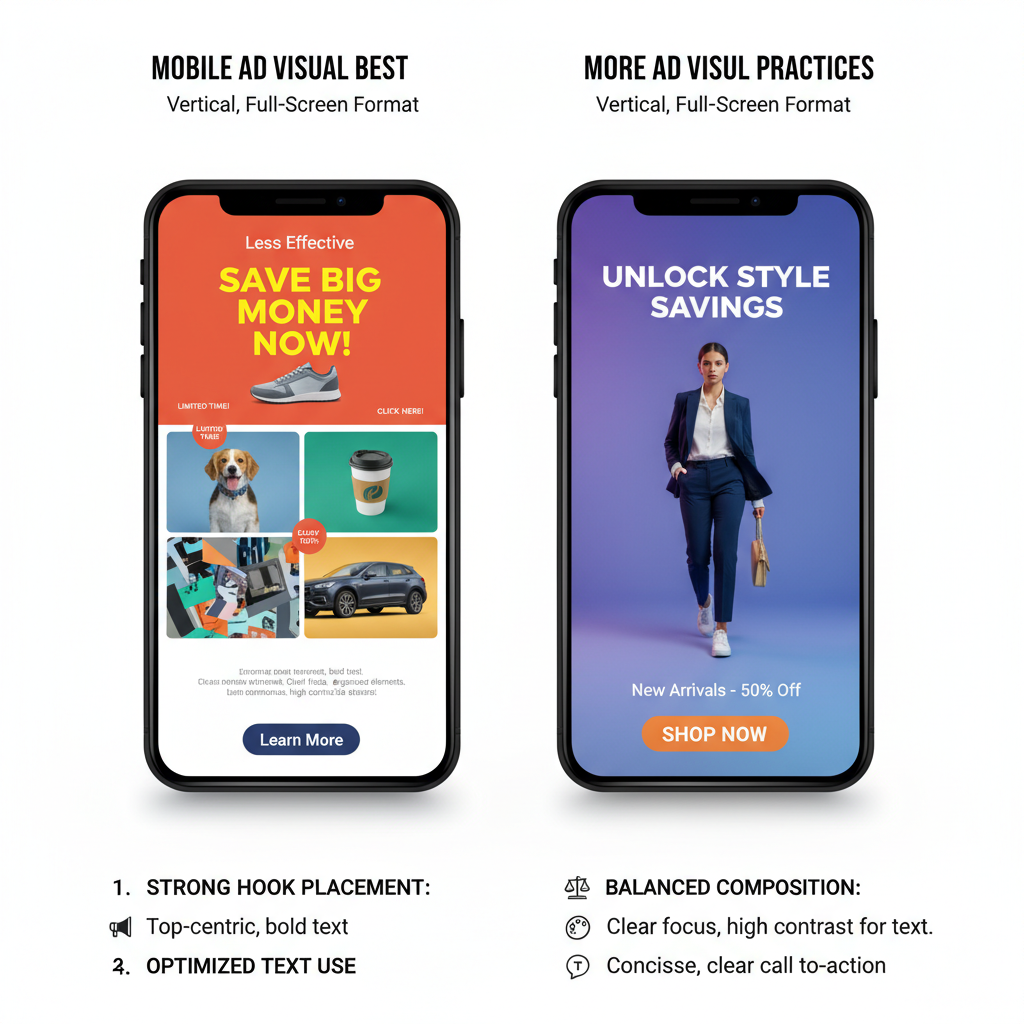
These measurements reveal what resonates and where adjustments are needed.
Retargeting Engaged Viewers
Build retargeting audiences from:
- Viewers who watched at least half your ad
- Users who interacted with polls, stickers, or CTAs
- Website visitors from earlier campaigns
Serve follow-up Stories ads featuring deeper discounts, new arrivals, or testimonials.
Avoiding Common Mistakes
Common pitfalls include:
- Overcrowding visuals with text
- Using low-resolution media
- Missing a clear call-to-action
- Designing in horizontal format
Stay focused on vertical composition and clarity.
Adapting Campaigns Based on Data
Review performance weekly to:
- Identify underperformers
- Redesign creative based on audience feedback
- Prioritize high-ROI concepts
Ongoing iteration keeps your campaigns competitive.
---
Summary
Leveraging Instagram Stories ads effectively means mastering the format, crafting vertical mobile-first visuals, targeting precise audiences, and constantly optimizing based on data. By combining clear hooks, interactive features, consistent branding, and strategic retargeting, you can drive real business outcomes from this high-engagement space. Start applying these tips today to create high-converting Instagram Stories ads that turn casual viewers into loyal customers.

